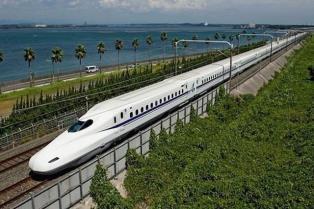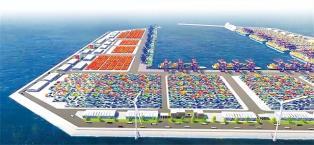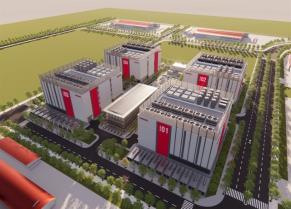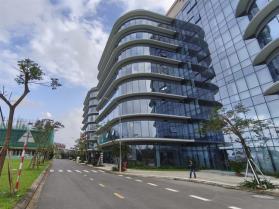The Government plans to remove licence requirements for at least 50 business sectors, doubling its earlier proposal, aiming to simplify investment, shift to post-inspection oversight, and enhance economic competitiveness as Việt Nam responds to global production changes.

HÀ NỘI — The Government plans to remove at least 50 sectors from the list of conditional business lines requiring licences for operation, double the number in the most recent proposal to the National Assembly (NA), Minister of Finance Nguyễn Văn Thắng said at the NA’s discussion on the draft amended Law on Investment on Thursday.
Under the established regulations, 234 business lines require licences before operation, many of which could be regulated through standards and technical specifications rather than prerequisites, Thắng said.
In the most recent draft, the Government proposed scrapping 25 conditional business lines, including accounting services, rice export, and temporary import and re-export of frozen food. However, after reviews, the Government now expects to remove licence requirements for at least 50 sectors, Thắng said.
“This is a very big effort,” he said, adding that the Prime Minister urged further simplifications.
Thắng said that after the amended Law on Investment is passed, further revisions will be carried out on business prerequisites to promote the shift to the post-inspection mechanism and standard-based management.
Lawmakers said that the reforms are essential but must ensure a balance between deregulation and quality control.
Deputy Đào Chí Nghĩa from Cần Tho City supported removing conditional business lines but called for clear post-inspection mechanisms to ensure quality, especially specialised services linked to financial obligations and market transparency.
“Scrapping licences without adequate post-check mechanism could increase risks and create additional burdens on tax authorities,” he said.
Deputy Lê Hoàng Anh from Gia Lai Province said that many business sectors should not be fully regulated by the Law on Investment but by decrees and standards instead. Specifically, food business, e-commerce, agricultural inputs and environmental services could be effectively managed through special regulations rather than investment conditions.
He proposed a periodic review every three years for automatic removal of business lines from licensing requirements in line with OECD practices.
Deputy Hà Sỹ Đồng from Quảng Trị Province said that strong incentives and simplified procedures are necessary to attract large-scale investment but urged that incentives should go along with technology transfer requirements to avoid locking Việt Nam into low-value manufacturing.
Special incentives should be linked with mandatory technology transfer and high-skilled labour training commitments, he stressed.
With regard to special investment procedures for projects in industrial parks, export processing zones and economic zones to obtain investment registration certificates within 15 days, Đồng said that special criteria must be raised to prevent abuse of the policy.
Đồng said that special mechanisms should be limited to projects in prioritised sectors such as semiconductors, AI, data centres and renewable energy with a minimum investment of US$50 million. Accountability should be clarified to prevent delayed processing, he said.
The Law on Investment is being amended to remove business barriers and improve the quality of investment attraction as Việt Nam seeks to strengthen economic competitiveness amid the global production shift. — VNS





